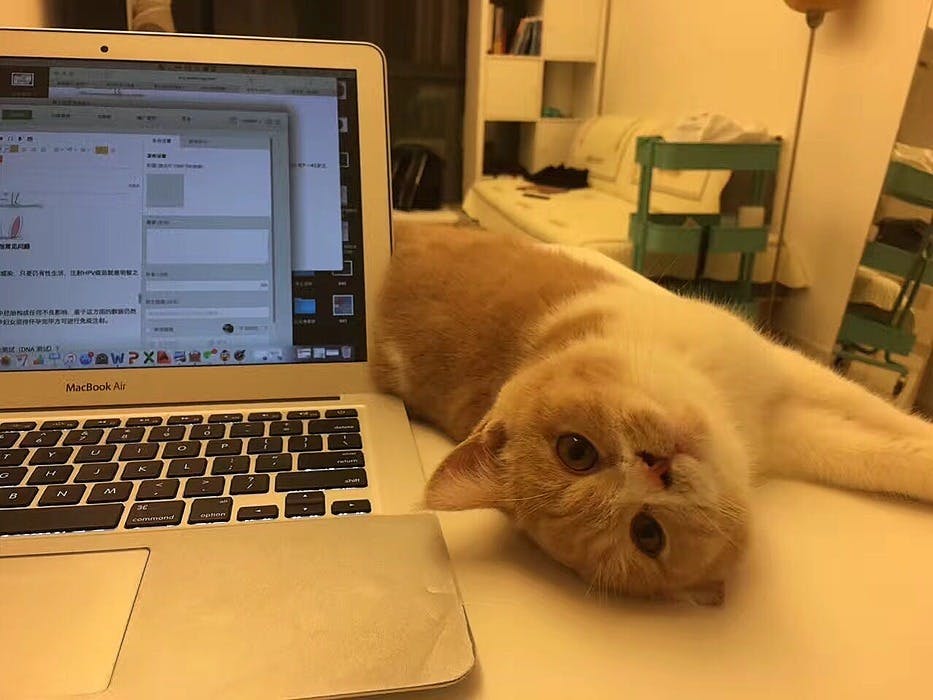1,024 reads
Lessons From GitLab—A $1 Billion Business With 700 Remote Employees
by
March 23rd, 2020
Serial Entrepreneur |Blockchain 4 Social Impact |Sharing/Subscription Economy Researcher|
About Author
Serial Entrepreneur |Blockchain 4 Social Impact |Sharing/Subscription Economy Researcher|
